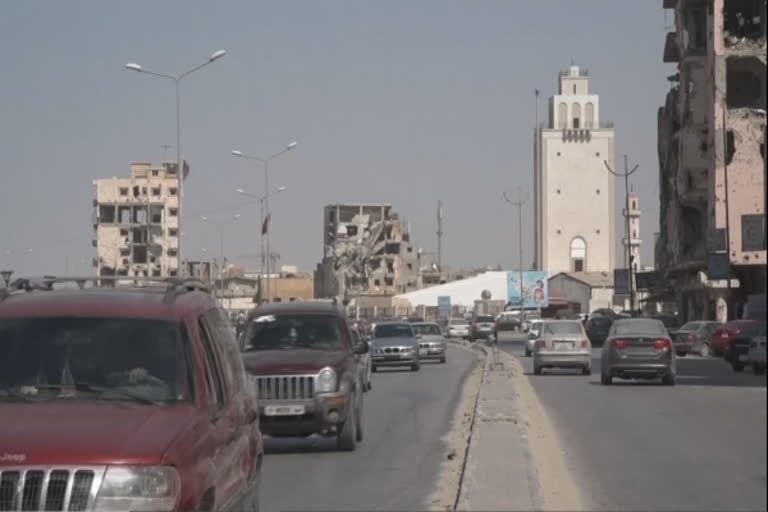Benghazi (Libya): Libyans want to elect a "a head of state" and so, the country's presidential election must come prior to the parliamentary election, says lawmaker Moftah Kwadier.
"What we seek and what all Libyans seek is for the presidential candidate to be accepted by all Libyans, and that he really serves the Libyan people and creates a democratic climate to lay down the foundations of democracy that have been absent for more than 50 years," Kwadier says.
Kwadier was speaking two days after Libyan lawmakers voted to reschedule parliament elections in a move likely to increase tensions among Libyan rivals already divided over bills regulating planned elections.
Abdullah Bliheg, a spokesman for the legislature, said lawmakers decided to hold parliamentary elections a month after the presidential vote scheduled for late December.
A U.N.-brokered roadmap had set both parliamentary and presidential elections for Dec. 24. There has been pressure from international governments, including the U.S., on Libyan stakeholders to hold elections as scheduled.
READ: UN experts cite war crimes, crimes against humanity in Libya
Political analyst Jamal al-Falah says holding the legislative elections a month after the presidential poll might create controversy.
Lawmakers on Monday adopted a bill regulating the parliamentary elections — a few weeks after they voted on a bill for the presidential vote. "We expected this law to be based on party lists and independents. But unfortunately, it is the same law that was used to elect the current House of Representatives, only with some amendments that I consider immaterial," al-Falah says.
The elections have been seen by many as a step forward to end the country's divisions. Holding the elections as scheduled already faced challenges amid opposition from the country's High Council of State that has argued that the laws were adopted without consultations.
Oil-rich Libya was plunged into chaos after a 2011 NATO-backed uprising toppled and killed longtime dictator Moammar Gadhafi.
AP



